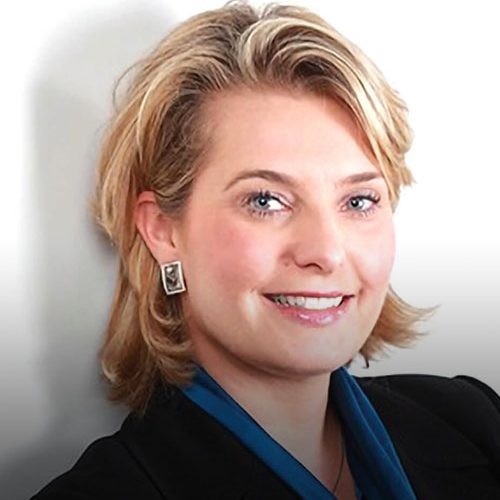HUMANS ARE HOLY –
Nov. 16, 2023 – Lisa Macon Harrison, director of the Granville Vance Public Health District in North Carolina, describes the landmines inherent in small rural communities that can serve as barriers to effective treatment for substance use disorders. Conventional wisdom is shifting regarding substance use disorder treatment, but given the limitations in rural counties, local officials may have to put their shoulders into helping make that shift, if they want to put their communities in a position to succeed.
As addiction continues to compromise millions of lives, the “whole person” approach reflects the science of how drugs interact with bodies and brains. It’s a matter of demonstrating leadership about changing attitudes and offering resources to support practitioners at work.
“One of the things that we’re doing across the nation now, a little bit better at a time, is to make sure that we treat the brain as a part of your body,” said Lisa Macon Harrison, director of the Granville Vance Public Health District in North Carolina, which serves Granville and Vance counties.
“When we’re running a county and we have incarcerated individuals who need access to medication to help their brain get better so that they can become more productive members of our society on the other side of that incarceration experience, that’s my job to have that conversation,” Harrison said, noting that some county officials aren’t sold on the levels of treatment necessary to help people struggling with addiction.
At the same time, the lack of treatment capacity can inspire unwitting migration in rural counties, as Arlene Hudson, a behavioral health clinical liaison for Aetna Insurance in West Virginia pointed out.



